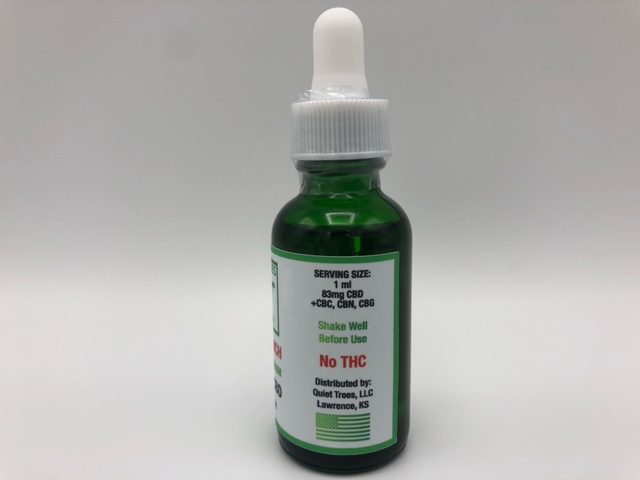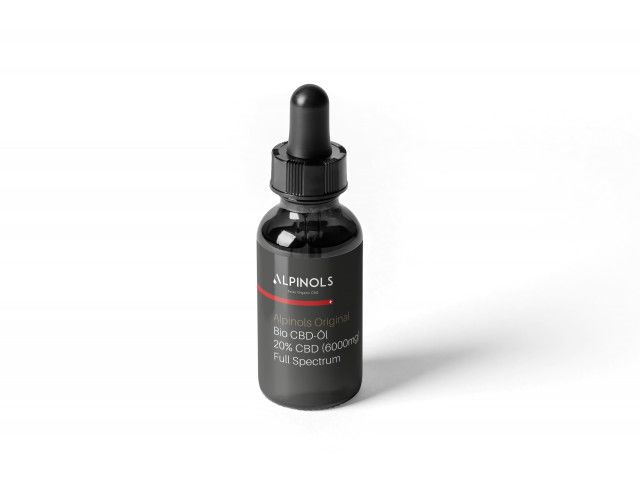Insomnia is a common sleep disorder that affects millions of people worldwide. Characterized by difficulty falling asleep, staying asleep, or waking up too early, insomnia can significantly impact daily life, leading to fatigue, mood disturbances, and decreased productivity. Traditional treatments for insomnia include medication, lifestyle changes, and cognitive behavioral therapy. However, in recent years, there has been growing interest in the use of CBD (cannabidiol) as a natural alternative for treating insomnia. This article explores how CBD works for treating insomnia and its potential benefits. If you are seeking a source of inspiration and guidance CBD for treating insomnia, check out this related site for further information.
What is CBD?
CBD, or cannabidiol, is a naturally occurring compound found in the hemp plant. Unlike its cousin THC (tetrahydrocannabinol), CBD does not have psychoactive properties, meaning it does not produce a “high.” Instead, CBD is known for its therapeutic benefits, including pain relief, anti-inflammatory properties, and anxiety reduction. CBD is available in various forms, including oils, tinctures, capsules, edibles, and topical creams.
Understanding Insomnia
Insomnia can be classified into two types: acute and chronic. Acute insomnia is short-term and often triggered by stress, life events, or environmental factors. Chronic insomnia, on the other hand, occurs at least three times a week for three months or longer and may be associated with underlying medical conditions or mental health disorders.
Common causes of insomnia include:
- Stress and anxiety
- Depression
- Chronic pain
- Medical conditions (e.g., asthma, arthritis)
- Medications
- Poor sleep habits
- Caffeine, nicotine, and alcohol consumption
How CBD Works to Treat Insomnia
CBD interacts with the body’s endocannabinoid system (ECS), which plays a crucial role in regulating various physiological processes, including sleep, mood, and pain. The ECS consists of receptors (CB1 and CB2), endogenous cannabinoids (endocannabinoids), and enzymes that synthesize and degrade these cannabinoids.
1. Reducing Anxiety and Stress
One of the primary ways CBD helps treat insomnia is by reducing anxiety and stress. Anxiety is a common cause of insomnia, as it can make it difficult to relax and fall asleep. Studies have shown that CBD has anxiolytic (anxiety-reducing) effects, which can help calm the mind and promote better sleep. CBD achieves this by interacting with serotonin receptors in the brain, which play a key role in mood regulation.
2. Pain Relief
Chronic pain is another common cause of insomnia. CBD has been shown to have analgesic (pain-relieving) properties, which can help alleviate pain and improve sleep quality. By reducing pain and discomfort, CBD allows individuals to fall asleep more easily and stay asleep longer.
3. Regulating Sleep-Wake Cycles
The endocannabinoid system is involved in regulating the sleep-wake cycle, also known as the circadian rhythm. CBD can influence the ECS to promote a more balanced sleep-wake cycle. Research suggests that CBD may increase overall sleep time and improve sleep quality by interacting with receptors in the brain that govern the sleep-wake cycle.
4. Addressing Sleep Disorders
CBD may also be beneficial for specific sleep disorders, such as REM sleep behavior disorder (RBD) and excessive daytime sleepiness. RBD is characterized by the acting out of dreams during REM sleep, which can disrupt sleep and lead to injuries. Preliminary studies have shown that CBD can reduce the frequency and severity of RBD episodes, leading to better sleep. Additionally, CBD has been found to improve wakefulness during the day, helping those with excessive daytime sleepiness maintain a more regular sleep pattern.

Scientific Evidence Supporting CBD for Insomnia
While research on CBD and insomnia is still in its early stages, several studies have provided promising results:
- A 2019 study published in The Permanente Journal found that 66.7% of patients experienced improved sleep within the first month of using CBD. The study involved 72 adults with anxiety and sleep issues, and the results indicated that CBD was well tolerated and had a positive impact on sleep quality.
- A 2017 review of studies on hemp and sleep published in Current Psychiatry Reports concluded that CBD may hold promise for REM sleep behavior disorder and excessive daytime sleepiness, but more research is needed to confirm these findings.
- A 2014 study on animal models published in the Journal of Clinical Investigation found that CBD increased total sleep time and reduced the time it took to fall asleep, suggesting potential benefits for those with insomnia.
How to Use CBD for Insomnia
If you’re considering using CBD to treat insomnia, it’s essential to understand how to use it effectively. Here are some tips:
1. Choose the Right Product
CBD is available in various forms, including oils, tinctures, capsules, edibles, and topical creams. For treating insomnia, sublingual oils and tinctures are often recommended because they have a faster onset of action compared to edibles and capsules. However, the best product for you will depend on your preferences and needs.
2. Start with a Low Dose
When starting with CBD, it’s crucial to begin with a low dose and gradually increase it until you find the right amount that works for you. Everyone’s body reacts differently to CBD, so finding the optimal dose may require some experimentation. A common starting dose is 5-10 mg of CBD per day.
3. Take CBD at the Right Time
The timing of your CBD intake can influence its effectiveness for treating insomnia. Taking CBD 30-60 minutes before bedtime is generally recommended to help you relax and prepare for sleep.
4. Monitor Your Response
Keep track of how your body responds to CBD, including any changes in sleep patterns, mood, and overall well-being. This can help you determine whether CBD is working for you and if any adjustments to the dosage or timing are needed.
Potential Side Effects and Considerations
While CBD is generally well tolerated, it can cause some side effects in certain individuals. Common side effects include:
- Dry mouth
- Drowsiness
- Changes in appetite
- Diarrhea
It’s also important to note that CBD can interact with certain medications, so it’s essential to consult with a healthcare professional before starting CBD, especially if you are taking other medications.
Conclusion
CBD has emerged as a promising natural remedy for treating insomnia, thanks to its ability to reduce anxiety, alleviate pain, and regulate the sleep-wake cycle. While more research is needed to fully understand its effects, current evidence suggests that CBD can be an effective and well-tolerated option for improving sleep quality. If you’re struggling with insomnia and looking for a natural alternative, CBD may be worth considering.













